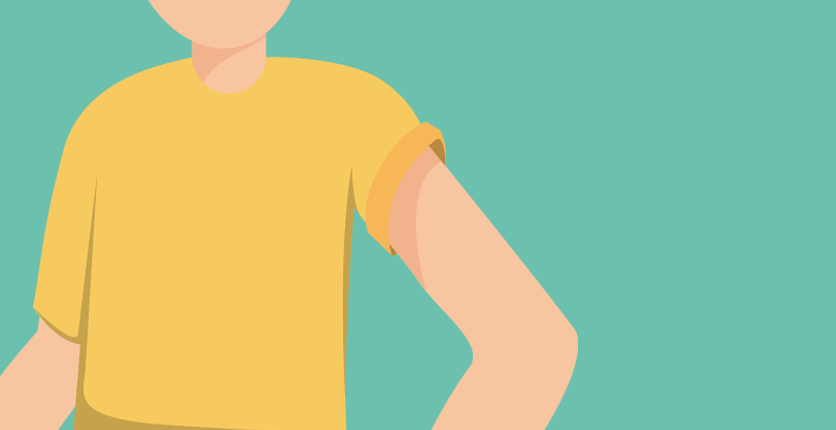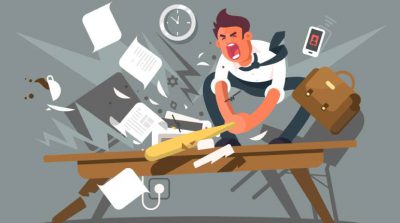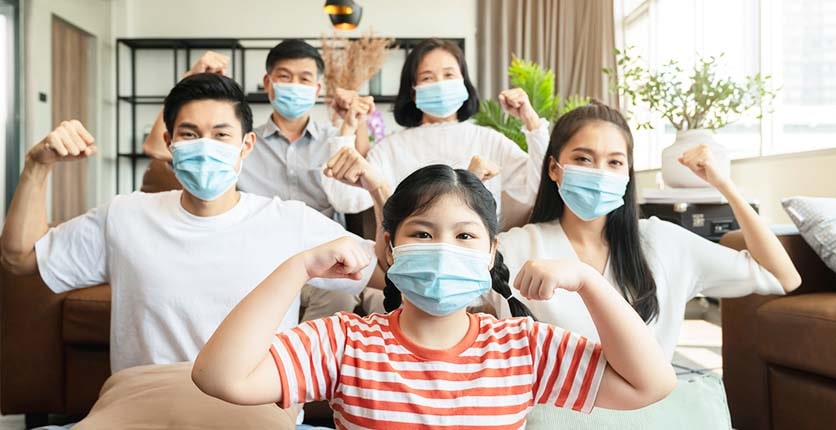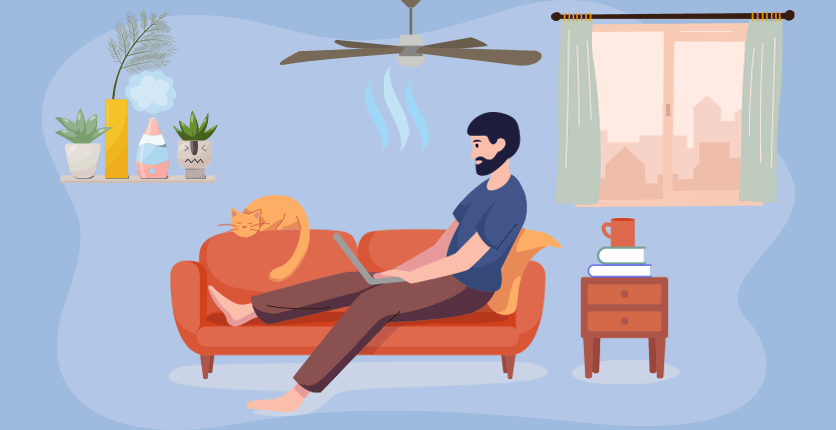There is a new enemy upon us; it is relentless and shows no mercy. Covid-19 is bent on destroying Singapore, and the world. But only by working together can we can stop it.
By getting the Covid-19 vaccination when offered to you, this will blunt the assault of the coronavirus and give us more time to regroup, re-arm and renew our fight to push back and eliminate this virus.
But with the vaccination comes questions. Here, we will answer some of the most asked ones.

When will I receive notice to go for my vaccination?
Vaccination will be rolled out progressively, but because supplies are limited in the beginning, we need to prioritise who gets the doses first. Naturally, the first groups will be healthcare workers, frontline responders, people in essential services and then our seniors. When your turn comes, the Ministry of Health (MOH) will notify you to come forward for vaccination.
As of April 2021, all persons aged 45 years and above can register for vaccination. The government has also announced that those aged below 45 will be invited to book their slots for Covid-19 vaccination from June, if all goes as planned.
If you have any queries, log on to vaccine.gov.sg or call 1800-333-9999.
Which vaccines are available in Singapore?
Currently, the Pfizer-BioNTech and Moderna vaccines are being administered in Singapore. As of April 13, we are able to choose which Covid-19 vaccine to take. Do refer to the MOH website for the full list of vaccination centres and which vaccine they are offering. The Moderna shot is being given at 11 out of the 38 centres, while the rest are using the Pfizer-BioNTech product. Each vaccination centre will only stock and administer one type of vaccine.

Who should not go for the vaccination?
If you have a history of severe allergic reactions, go to your family physician or company doctor and ask for a memo that will defer your getting the vaccine until later, when tests will be done to ensure that it is safe for you. The vaccination is safe even if you have chronic illnesses such as hypertension, high cholesterol and diabetes.
But do postpone getting the jab if you are unwell or have had a fever in the last 24 hours.
In the very rare case that this vaccine does cause a severe allergic reaction in you – signs include difficulty breathing; the swelling of your face, throat, eyes or lips; a fast heartbeat; dizziness and weakness; and a bad rash all over your body – seek medical attention immediately. Call 995 or go to the nearest A&E department at once.

Are there people who shouldn’t take the vaccine?
Yes. These include pregnant women, children below 16 years of age, and people with a severely compromised immune system (for example, those with active cancer or are on cancer treatment).
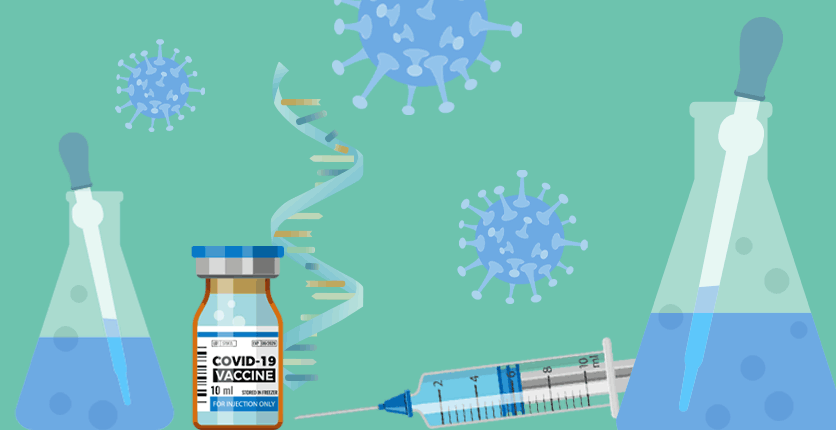
I was assessed to be ineligible for the vaccination but still want to be vaccinated. What should I do?
If you have been assessed to be ineligible due to medical reasons, you may be able to get vaccinated later if data becomes available that it is safe to receive the vaccination, or you may be able to get vaccinated with other Covid-19 vaccines.
Community cases are low. Why vaccinate now?
There is a risk of serious, life-threatening disease and death from Covid-19 infection, especially among the elderly and vulnerable groups. Vaccination is one way to prevent disease, minimise transmission and prevent our healthcare system from being overwhelmed. We should get vaccinated when our turn comes.

What are the possible side effects?
You may experience common side effects similar to those of other vaccines. Most are mild or moderate, and you usually get better within a few days. However, here are some things to do if you do get side effects.
If you feel pain, redness or swelling at the injection site; fever or chills; or headache, muscle pain or joint pain, take one to two tablets of Paracetamol every six hours as needed. If tiredness is what you feel, give yourself plenty of rest. And if there is lymph node swelling on your neck or arms, see a doctor if the side effects persist or get worse.

What if I only take a single dose and miss my second dose?
You must receive both to have the full safeguard. Protection from a single dose has not been formally studied for the Pfizer-BioNTech vaccine, but based on vaccines for other diseases, completion of the recommended doses is required for long-term protection.
Is the vaccine halal?
The Islamic Religious Council of Singapore has permitted the vaccine for Muslim use.

I understand that there may be more than one strain of the virus. Will the vaccine cover me fully against all strains?
Currently, there is no evidence to suggest that the Pfizer-BioNTech and Moderna vaccines do not protect against specific strains, including the UK’s new reported variant. However, the Health Sciences Authority and the Expert Committee on Covid-19 Vaccination are closely monitoring this issue.
Will we need to get a Covid-19 vaccination booster shot each year?
According to Johns Hopkins Medicine, researchers are still looking into how long immunity from the coronavirus lasts. Vaccine developers are looking at ways to boost the effectiveness of a vaccine so that it provides longer immune protection than a natural infection with the coronavirus. More research will have to be done to understand if people will need regular booster shots for Covid-19.
Note: This article is for informational purposes only. All information, unless otherwise stated, is culled from Singapore’s Ministry of Health website. Please consult your physician if you have any questions on your eligibility for the Covid-19 vaccination.
